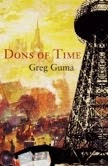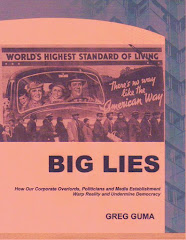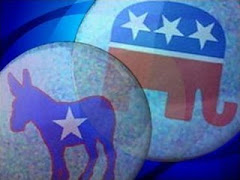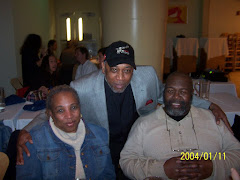Tune in weekly to The Radiator (WOMM-FM/LP) Follow updates from Greg Guma on Twitter
The Howie Rose Show will be on break next week. We return July 8.
Sanders on the Koch Brothers Echo Chamber
There’s a new video out from Brave New Films, narrated by Bernie Sanders. After last week’s takedown of the NRC, are we seeing Bernie v. the World: And what would that graphic novel look like anyway?
Greece on the Verge of Collapse. Could Europe Follow? Are we all being structurally adjusted?
The Afghanistan Two-Step: Winding down or just transitioning? Obama announced 33,000 troop drawdown. But 100,000 will remain and a long-term presence in both Afghanistan and Iraq is projected.
Question of the Week: Can a Mormon be President?
Mitt Romney and Jon Huntsman aren’t the first Mormons to seek the presidency. That honor goes to founder Joseph Smith, a Vermonter by birth who struck out for the west in revival days. Check out the story of Smith’s fateful 1844 run, and some thoughts about how things have changed.
Image Trouble: Complete Essay Mormons and Vermont History
Rumor of the Week
If true, this one could be heavy. The rumor, being pushed hard by radio/conspiracy mogul Alex Jones, is that Rick Perry, the secession-spouting governor of Texas, is really the Bilderberg group’s pick for president. Jones claims that Perry’s candidacy is more proof that the shady, secretive, undemocratic global elite has plans to hold onto power while Americans are distracted by the delusion that they have a genuine choice.
The evidence? Well, Perry is a protégé of Karl Rove. He acts like a down-home populist, but that’s all it is. He is really George W. Bush 2.0. While mouthing Tea Party rhetoric about secession, shooting coyotes and courting Christian evangelicals, behind closed doors he has been quietly selling out Texas to globalist interests, auctioning off highways to foreign companies to turn them into profit-driven toll roads. The speculation that Perry is the Bilderberg group’s ace in the hole is based largely on the charge that he is a longtime, unwavering supporter of the NAFTA Superhighway and related New World Order infrastructure projects.
So, will it be the Mormons, the Tea Party and the Bilderberg's, all vying for the withering soul of the GOP as we catapult toward judgement day? Is this another new graphic novel, The Chosen Ones, or just one way of seeing the race. Can it happen here? .... Anyway, until next time
CELEBRATE YOUR INDEPENDENCE!
*Howie Rose Show Interview video is being developed


































